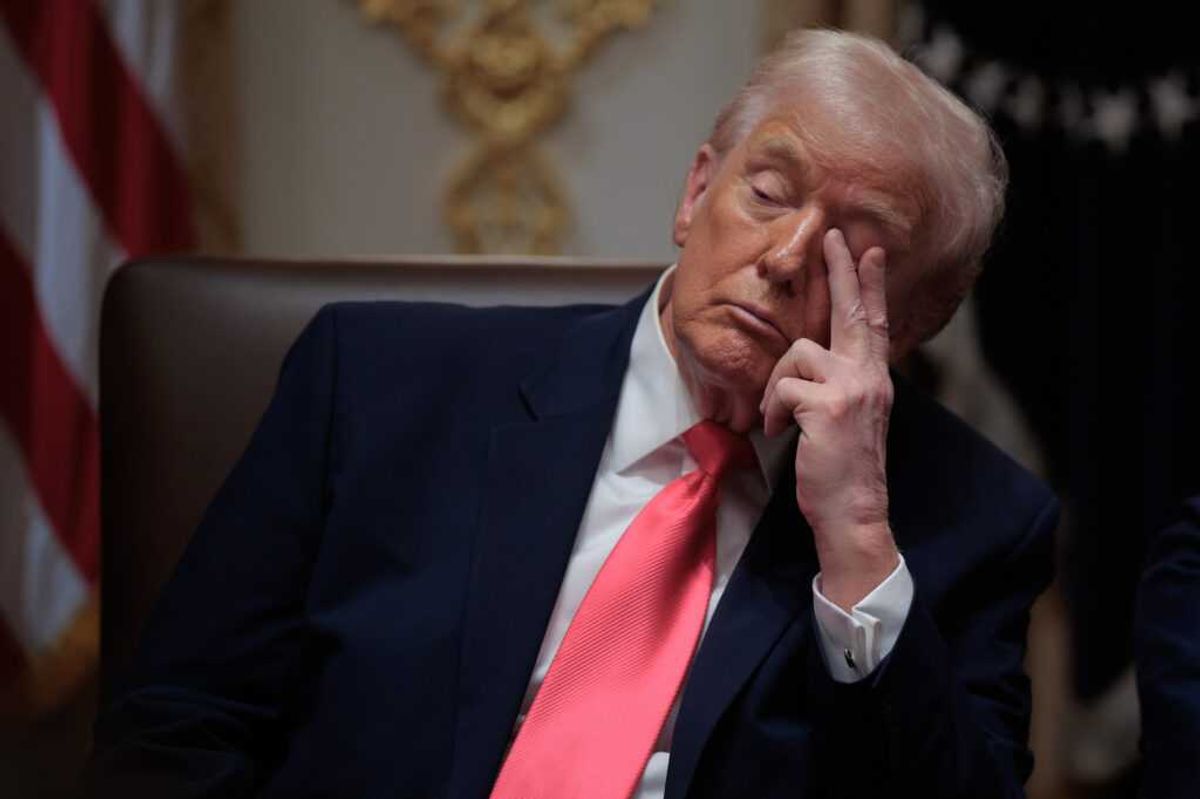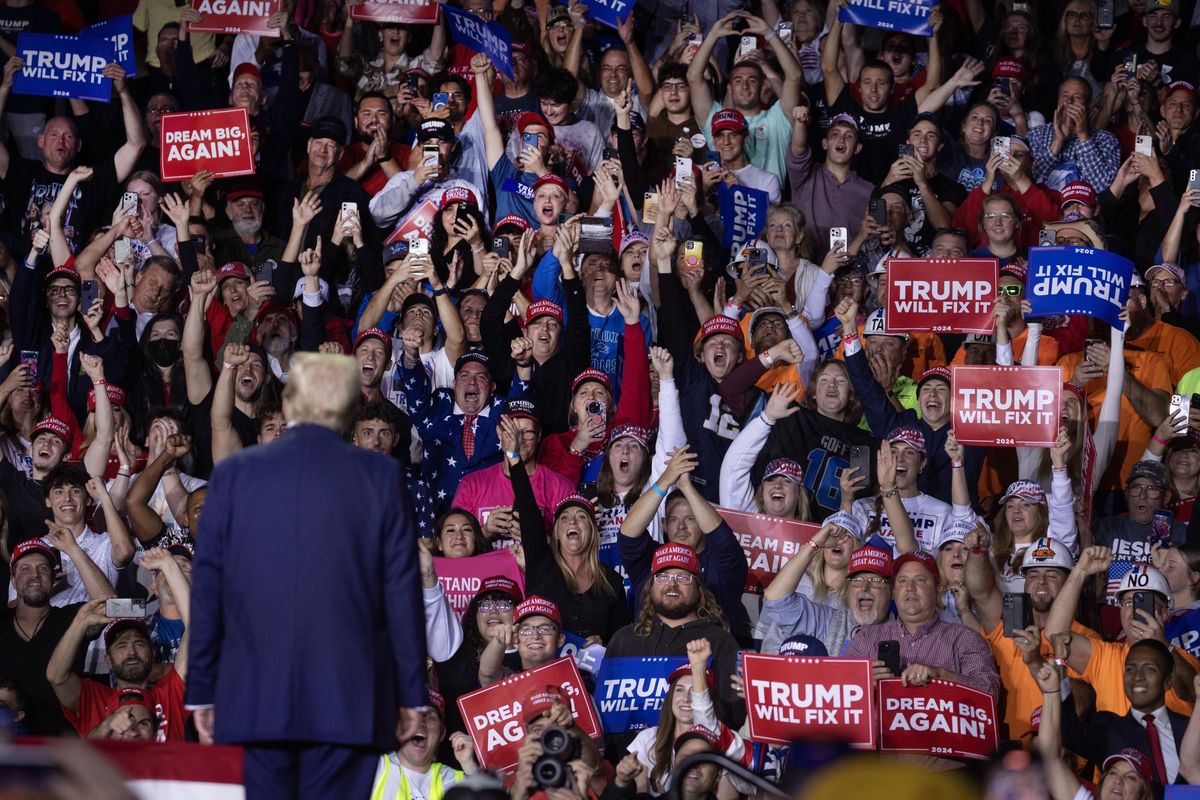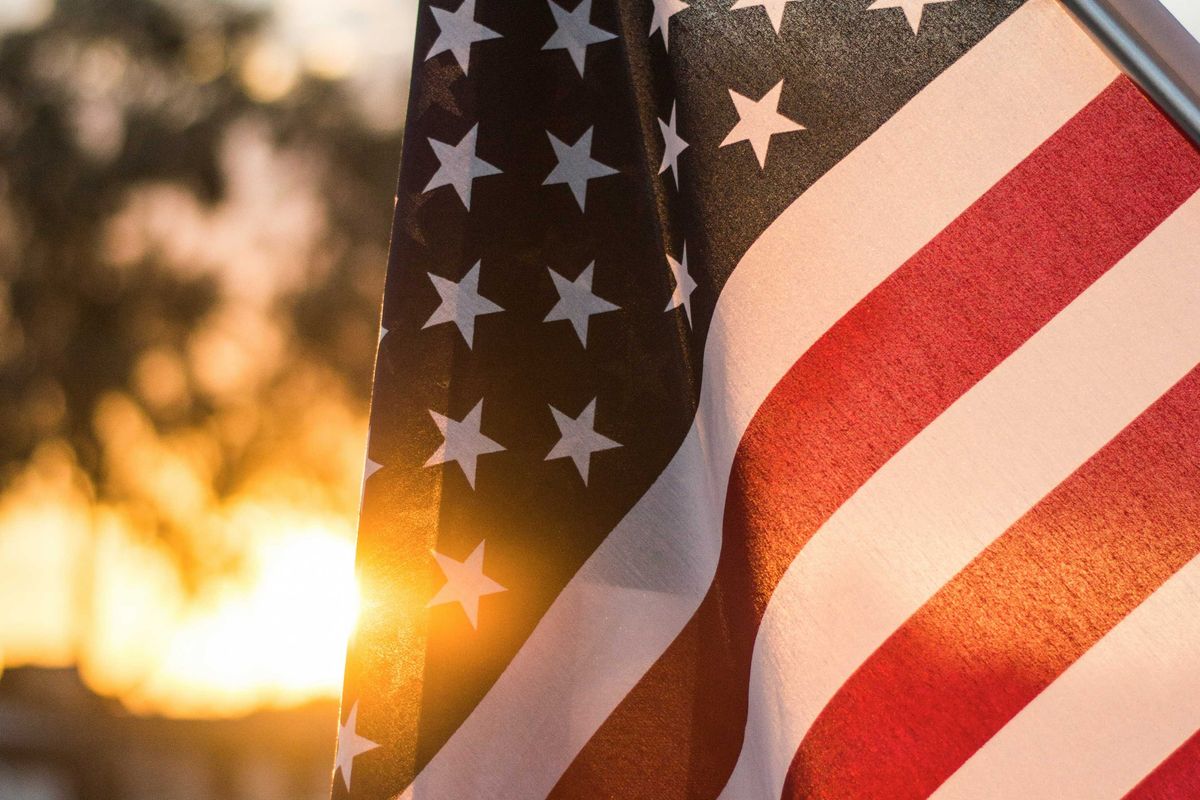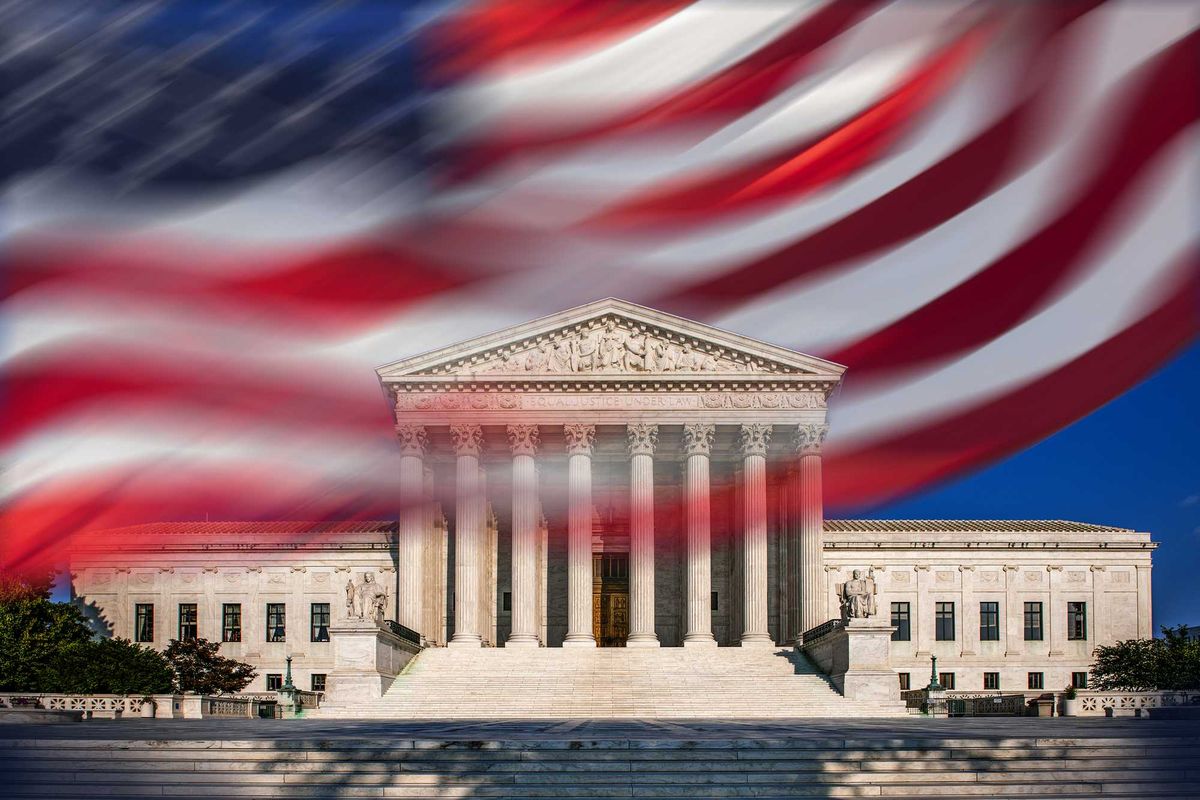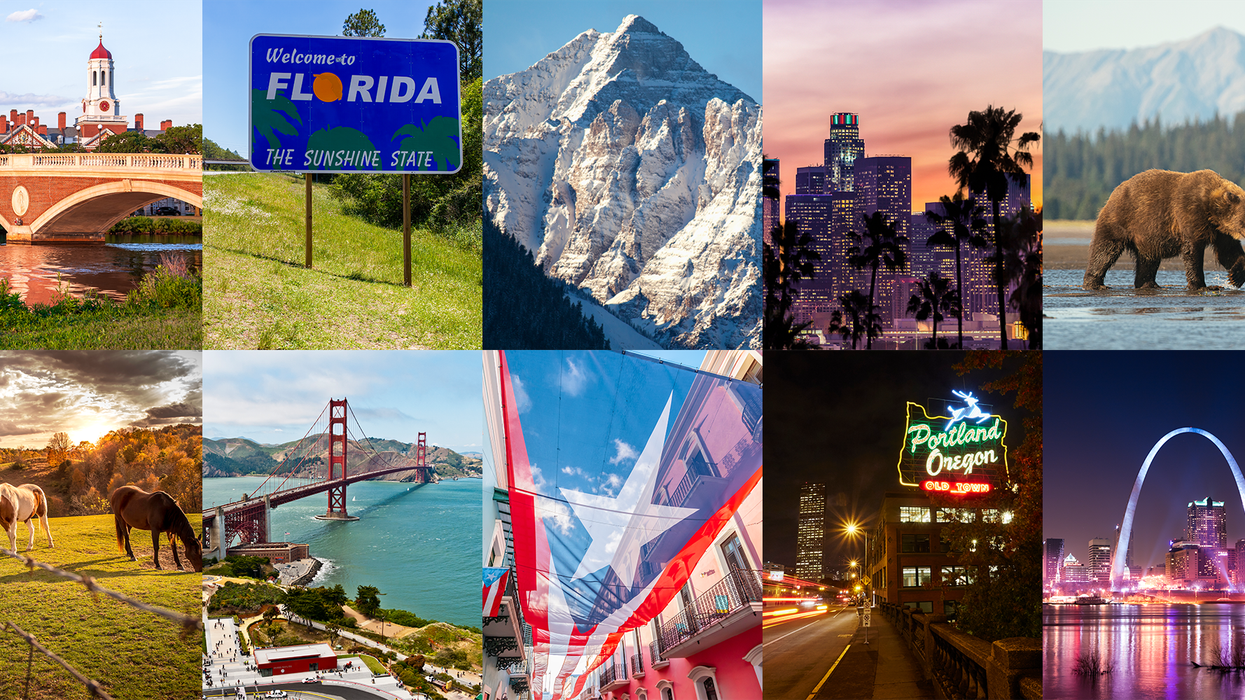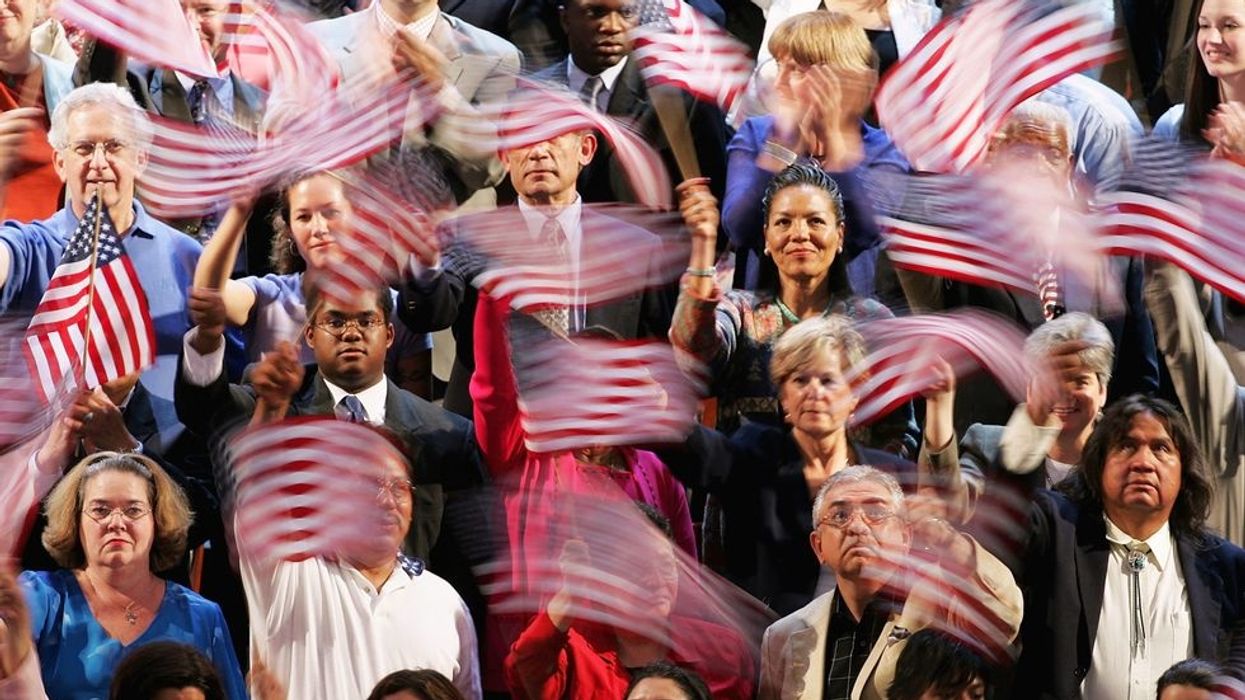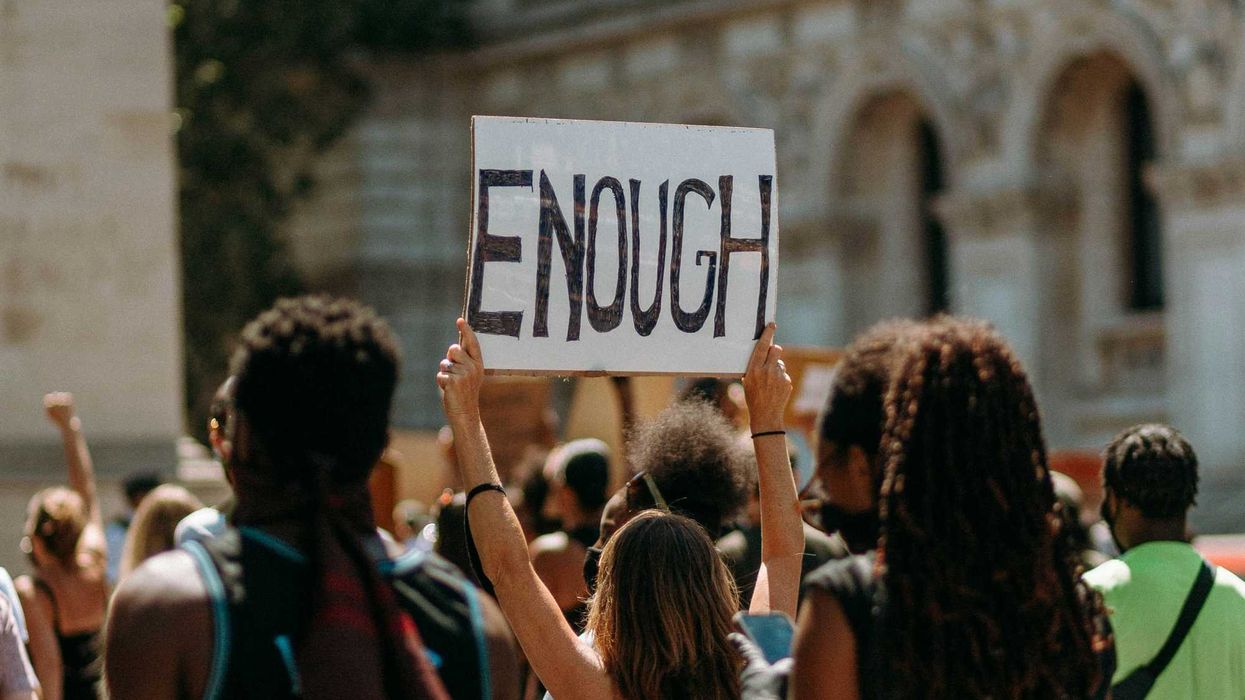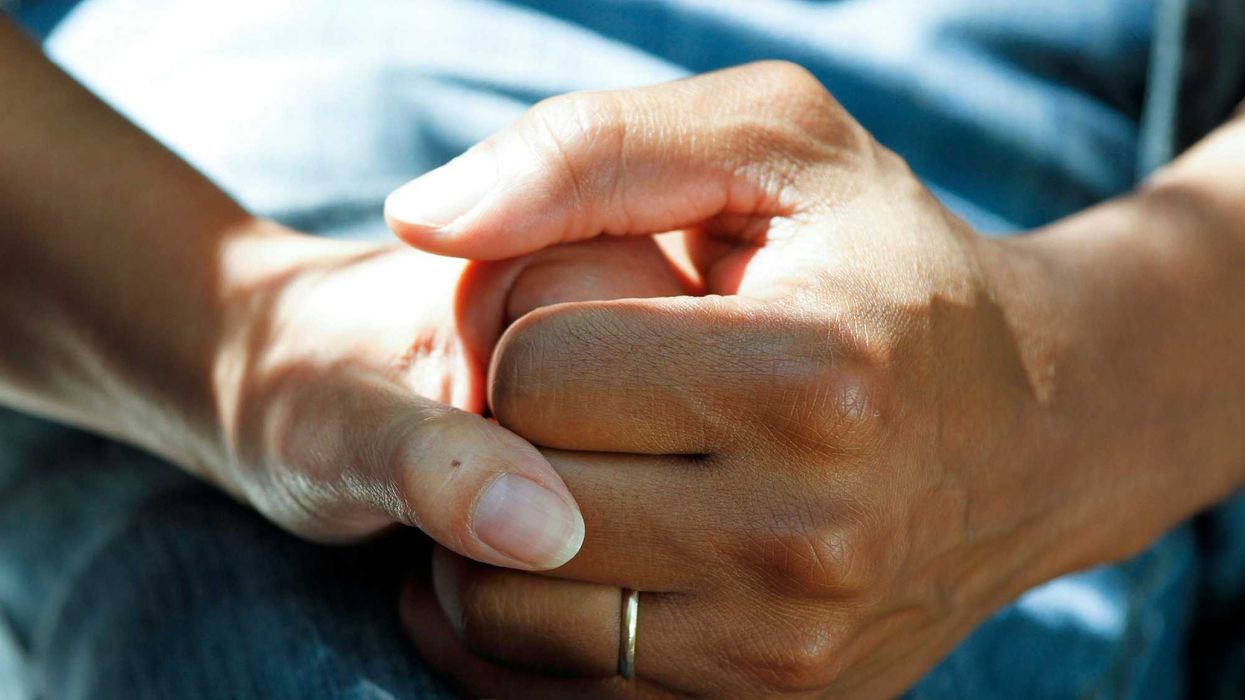It's often hard to see, but much more is at stake Tuesday than the presidency and control of Congress. Voters get to shape public policy by approving or rejecting more than 100 statewide ballot measures and dozens more local proposals — and this exercise in direct democracy includes plenty of ideas for bettering American democracy itself.
More than a score of measures would change the rules for elections from Alaska to Puerto Rico and from Maine to California. And they amount to a something-for-everyone smorgasbord of proposals at the heart of the fix-the-system agenda. There's ranked-choice voting and Electoral College neutering, open primaries and term limits, campaign finance crackdowns and partisan gerrymandering reforms, and expanded voting rights for both felons and teenagers.
There are also progressive efforts to end a Jim Crow era election rule in Mississippi and conservative efforts to combat the prospects that non-citizens might vote in three states.
Thanks to the coronavirus pandemic, and a series of court rulings against allowing signature-gathering drives to move online, several dozen other ballot initiative campaigns came up short — including bids to improve elections in battleground Ohio and convene independent redistricting panels in at least four more states in time to draw maps for the new decade.
There's not much polling on these measures, but in the main their proponents feel pretty good about their prospects. If most get approved, mirroring a surge of success for small-d democracy ballot proposals in 2018, that would almost surely set the stage for another wave of reform efforts in two years.
But for now, and in alphabetical order by location, these are the 10 most consequential good-governance ballot measures facing the electorate next week:
Alaska: election process overhaul
Our most enormous state will consider the year's most sweeping single democracy reform initiative, a revamp of both election procedures and campaign finance rules.
If approved, there would be single primaries open to all candidates for Congress and every state government position, and the top four finishers would advance. November's races would become ranked-choice elections. Voters could tap one favorite or list them in order of preference and, when no one secures a majority of top choice votes, instant runoffs would redistribute the second- and third-choice ballots until someone cracked 50 percent support. (Contests for president and local offices would not change.)
The initiative also would require more disclosure of bigger donations to independent political groups and the sources of gifts to campaigns. And it would require disclaimers on campaign advertising by organizations funded by mostly out-of-state money.
Proponents say approval would shed light on the secretive flow of money into the state's political and governing system, curb the power of the two big parties and further promote centrist and independent candidates, who already have a better-than-average record of success in the state. Opponents say the current system works just fine.
California: voting rights restoration
The most populous state, and also the one that loves ballot questions most, has a dozen measures this year. One of them would restore the franchise to nearly 50,000 people on parole for felony convictions.
Improving voting rights for ex-convicts has become a top cause of civil rights groups, who say democracy is enhanced when political power is given back to people who have paid their debt to society. The campaign has resulted in more than 2 million felons, a group disproportionately Black and Latino, getting more political rights in the past decade. (Republicans, who argue that rewarding violent or repeat offenders is an injustice to their victims, have most notably succeeded in restricting newly restored rights for felons in Florida.)
California would join 17 states that already allow felons to register upon release from prison. It was one of the first states to restore any of their political rights, allowing felons to vote since 1975 after completing probation and parole. That is too strict by today's standards, ballot measure advocates say.
Colorado: popular or electoral votes
The only slightly purple state that has promised its electoral votes to the popular vote winner will decide whether to reverse that decision.
A "No" vote means quitting the National Popular Vote Interstate Compact, which Colorado joined by state law only a year ago. Like 14 other states, and D.C., that means it has pledged its electoral votes to the presidential candidate who gets the most votes nationwide — but only once states forming an Electoral College majority sign on. That magic number is 270. The other places, all reliably Democratic, have a combined 187 votes, so the deal is a long way from kicking in. Colorado has nine but will get a 10th for the coming decade because of population growth.
Proponents say the pact is an entirely constitutional way — and doesn't require clearing the high hurdles of amending the Constitution — to assure the popular vote always produces the winner. (Two of the most recent presidents, George W. Bush and Donald Trump, got elected despite finishing second in the popular vote.) Advocates also argue the switch will boost turnout and civic engagement, because every vote across the country will matter.
The ballot measure was pushed by Republicans, who expect the switch would turn all voting power in the state's presidential contests over to the blue cities. GOP leaders nationwide argue something similar, and concede they benefit from the disproportionate sway that less-populated red states have in the Electoral College.
Florida: open primaries
It will take a 60 percent supermajority to approve a measure transforming elections in the nation's most populous purple state by opening most primaries to all voters, regardless of party. If approved, all registered voters would use the same ballot to pick candidates for governor, other statewide offices and seats in the Legislature, starting in 2024. The top two vote-getters, regardless of party, would advance to the general election. (Nominees for Congress would still be chosen the same as now.)
Republican and Democratic leaders oppose the switch, which would dilute their dominance over elections by taking away the guarantee one candidate from each would make the November ballot. Others argue open primaries would make political gains tougher for Black and Latino candidates. Supporters maintain the overriding benefits would be giving voice at a crucial stage in the political process to 3.8 million unaffiliated voters, or 30 percent of the state's electorate, and rewarding candidates who appeal to the center instead of to the red or blue bases.
Florida is now among a minority of states where primaries are completely closed to voters not registered with the major parties. Most allow some sort of crossover or independent participation.
Massachusetts: ranked-choice voting
Ranked elections have been embraced by New York and a score of other cities, and five more might decide to join them next week. But the year's big test is Massachusetts, which will decide whether to join nearby Maine as the second state using the system almost exclusively.
Adoption would mean a switch starting in 2022 for all primaries and general elections for Congress, governor and other statewide executive positions, the Legislature and some countywide posts. Voters would be allowed to support more than one candidate, ranking them in order of preference. If no one wins outright with a majority of first-choice votes, the person with the fewest No. 1 votes would be dropped and those ballots would get redistributed based on their No. 2 choices — the process repeating in an instant, computerized runoff until one candidate has a majority of support.
Proponents see so-called RCV as a means to spur a more consensus-driven politics, reduce negative campaigning, weaken the major party duopoly and promote the election prospects of women and people of color. Opponents label the system as unnecessarily confusing and prone to manipulation (if not downright cheating) by the savviest and best financed candidates.
The cities with RCV ballot measures are Eureka and Albany, Calif.; Bloomington and Minnetonka, Minn.; and Boulder, Colo.
Missouri: redistricting reversal
Just two years ago, three in five Missourians approved a package of good-government reforms centered on making the redistricting process less partisan. Now the same voters are being asked to largely change their mind. If they do, it would be one of the most prominent repudiations in years of a citizen-driven effort to fix democracy's challenges.
The centerpiece of the proposal, put on the ballot by Republicans who control the state government, would abandon a key change the people endorsed in 2018: creation of the nonpartisan state demographer in charge of drawing the state's 197 legislative districts once a decade. Instead, the GOP plan would assign the mapmaking to a pair of bipartisan commissions appointed by the governor, starting next year once census figures are finalized.
Opponents say the result would be the same shoddy process as in the past — with rules guaranteeing secrecy, shielding the results from challenges by the public and promoting partisan gerrymandering. (Under the proposed system, boundaries could be set so the party winning 50 percent of the overall vote could end up with 65 percent of the General Assembly seats.) Critics also hate how the districts would be newly drawn based on the populations of adult citizens, not all people.
Supporters are pointing to an altogether different part of the package as why a "yes" vote is warranted — a proposed ban on lobbyist gifts and lower campaign contribution limits.
Oregon: campaign finance
Political spending in the state has been largely unregulated since its Supreme Court ruled in 1997 (fully 13 years before the U.S. Supreme Court's similar Citizens United decision) that the money was a form of free speech. Campaigns in the solidly blue state have become increasingly expensive — cresting a staggering $40 million for the not very close 2018 governor's race, for example.
This measure would give the Legislature and local governments power to limit political spending, possible now because the state's top court this spring significantly rolled back its ruling from 23 years ago.
Oregon is for now one of just five states that doesn't regulate non-federal campaign contributions. Democrats and good-government groups say the measure would allow reasonable limits that would tamp down potential corruption and reduce the political power of wealthy special interests. Opponents say the result would be a chilling effect on First Amendment rights.
Puerto Rico: statehood
The island's political future is on the ballot for the sixth time in five decades, but the outcome of the latest non-binding referendum could have dispositive consequences for American democracy. A vote to seek statehood would put unprecedented pressure on Congress and the president to get behind statehood for both Puerto Rico and Washington, D.C. (Both major party platforms say Puerto Ricans should drive the statehood decision.)
Legislation would be required to end the commonwealth arrangement of the past 70 years: Puerto Ricans are American citizens who are exempt from federal income taxes and have significant local autonomy, but in return they get much less federal aid than the states and have no electoral votes or voting members of Congress.
With a population of 3.2 million, Puerto Rico as a state would be sandwiched between Iowa and Utah and like them would elect four House members and a pair of senators. At least at the outset, its complex political alignments would mean it looks relatively purple — unlike D.C, which could be counted on to elect nothing but Democrats. Both places could be counted on to send more non-white members to Congress.
Statehood supporters say it would bring Puerto Ricans full democratic rights and more federal support. The other choice on the ballot is independence, which has not drawn significant support in past plebiscites.
San Francisco: lower voting age
The nation's 16th biggest city could become the biggest jurisdiction in the country allowing 16-year-olds to vote. Approval of the local ballot question would allow thousands of teenagers to participate in elections for mayor, Board of Supervisors and other municipal posts.
Proponents of lowering the voting age from 18 say doing so would boost civic engagement by establishing the habit of election participation at an earlier age — and that it's appropriate to expand the franchise to include all people old enough to drive, pay taxes and shape public policy debates. But opponents say the change would give too much responsibility to youngsters neither mature nor informed enough to make decisions about political issues.
In 2013, Takoma Park, Md., a suburb of D.C., was the first to grant voting rights to teens. Since then, three other nearby cities in Maryland have followed suit. Eighteen states, plus D.C., allow 17-year-olds to vote in primaries if they will turn 18 by the general election — and a statewide ballot measure would add California to that roster.
Virginia: new redistricting system
Because ballot petition drives were cut short by the pandemic in several states, and legislation has been caught in partisan gridlock in several more, just one additional state might depoliticize electoral mapmaking in time for the redistricting of the country for the rest of the decade, which will start once the census count is finalized.
Virginia's measure would tackle gerrymandering by taking line-drawing power away from the General Assembly and the governor, the system assured to stay in place in 35 states. The assignment would go instead to a bipartisan commission of eight lawmakers and eight citizens. Its legislative and congressional districts would have to secure a supermajority for adoption, or else the state Supreme Court would step in to draw the lines.
The proposal was a hard-fought compromise that survived unusual rules: It could get on the ballot only if endorsed by the General Assembly twice. And many Democrats in favor when they were in the minority in 2018 got skittish when they took total control of Richmond in 2019 — meaning they have power to execute a partisan gerrymander next year.
Proponents concede that, while a genuinely independent panel of citizens would be better, this proposal is the only achievable improvement given the timetable and the state's politics. Opponents, most prominently the state Democratic Party, want to hold out for the perfect rather than the good. They also complain there's no mandate for the commissioners to consider racial equity in their mapmaking, and they fear deadlock on the panel would mean maps drawn by what's for now a deeply conservative high court.
